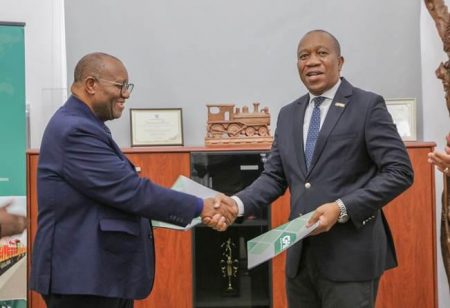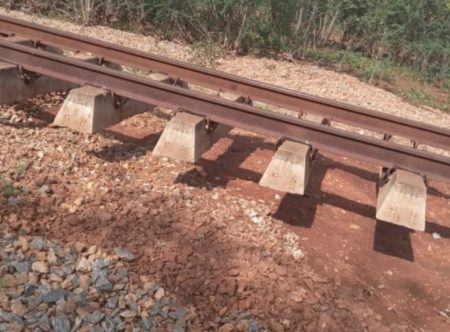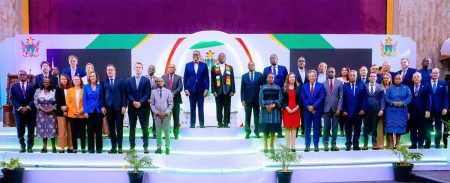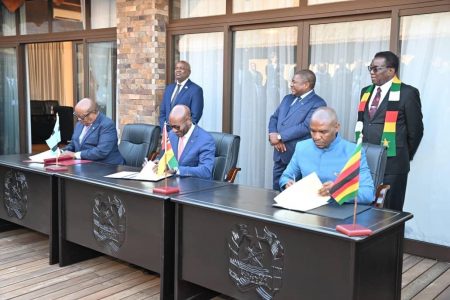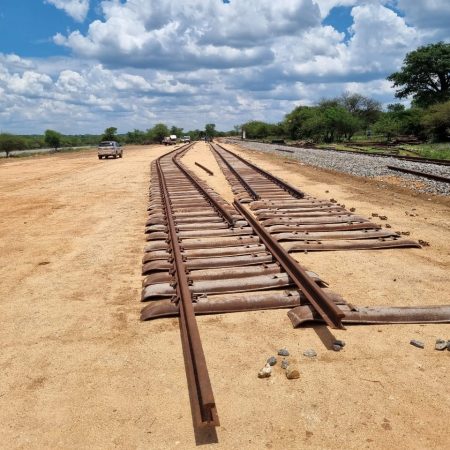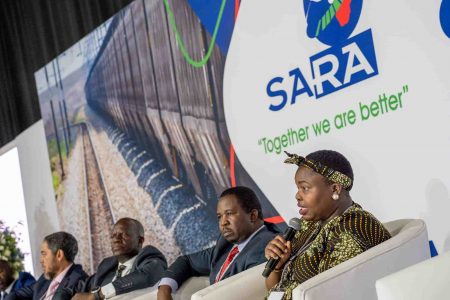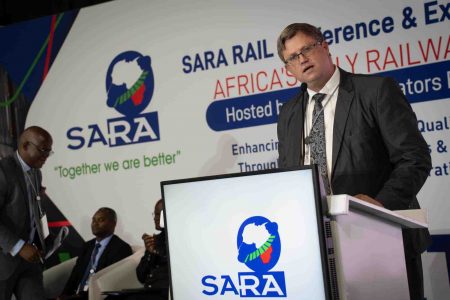This content is for Premium Subscribers only. To view this content, login below or subscribe as a Premium Subscriber.
Related News Articles
Rovos Rail Collision
22 April 2025
SADC, Zimbabwe
1 min
CFM and NRZ Formalise Cross-Border Rail Agreement
17 March 2025
SADC, Zimbabwe
1 min
National Railways of Zimbabwe Reports Washaway in Rutenga
18 January 2025
SADC, Zimbabwe
1 min
Zimbabwe’s 2025 National Budget Prioritises Transport and Logistics
01 December 2024
SADC, Zimbabwe
2 min
Time to Accelerate Zimbabwe’s $21 Billion Public Debt Resolution Process, Say Stakeholders
01 December 2024
SADC, Zimbabwe
3 min
RITES Seeks Projects under AU’s Agenda 2063
03 October 2024
SADC, Zimbabwe
1 min
Zimbabwe Preparing Guarantee for Afreximbank Loan
31 August 2024
SADC, Zimbabwe
2 min
More Talk on Revitalising Zimbabwe's Railway Network
23 June 2024
SADC, Zimbabwe
2 min
1 min
BBR’s Rail Initiatives In Zimbabwe And Beyond
14 April 2024
SADC, Zimbabwe
1 min
1 min
Infrastructure Development Bank Of Zimbabwe Changes Name To Accommodate New Mandate
24 January 2024
SADC, Zimbabwe
1 min
Construction Of Beitbridge Bulawayo Railway West Nicholson Rail Siding
18 January 2024
SADC, Zimbabwe
1 min
Beitbridge Bulawayo Railways Embarks on Expansive Regional Collaborations
18 November 2023
SADC, Zimbabwe
1 min
National Railways of Zimbabwe Outlines Ambitious Plans at SARA Conference
18 November 2023
SADC, Zimbabwe
2 min
National Railways Of Zimbabwe Successfully Settles Longstanding Pension Fund Arrears
18 November 2023
SADC, Zimbabwe
2 min
